My little one has pushed a few kids at the playground lately...I am not sure how to handle it. I can tell parents want to see me resolve the issue but I just don't know how best to do it.
I'm going to divide this question into two answers. I'll call the first part "Damage Control" or what you could try at the park. And the second part will be called "Preventative Measures" or things you can try before the park.
Damage Control
The firm way would probably be to rush over saying "No" and then giving your child a timeout...but here's why I don't think that is the most effective. Imagine you are the child, you are playing in the sand and something frustrating happens and in response you push or hit another child, by the time your mom hurries over to scold, you are playing happily again. So, when you are standing of the edge of the park in a timeout, you are confused as why you are being punished and instead of feeling remorse or empathy for the child you have hit, you are feeling anger at your mother for making you stand at the edge. Confusion and Anger aren't great side effects of punishment.
Here's another way...rush over to your child, get down at their level (eye to eye), and in a soft gentle voice help them see the consequences of what they have done. Ie. "When you hit Jason look how sad he feels, and I feel sad when you hit. Hands aren't for pushing/hitting, they are for scooping in the sand, or climbing the ladders. We are so sorry Jason - can we get you a bucket to play with?" I would then move your child to a different place in the park, to try again. It isn't fun if the same friends get hurt over and over. So, be sure to take your child home if they are hitting a lot - not as a punishment, but as a way to get them out of a bad situation. They are probably tired or hungry if they are extra feisty.
The one thing to keep in mind - Negative Attention is better than no attention. So, as long as they aren't hitting to have you rush to their side, then continue to lovingly teach them. And in the meantime, rush over to their side when they are playing the happiest and say something like, "I noticed that you were using your hands to climb and dig and I had to come tell you how happy I feel." Give them they most attention when they are playing nicely.
Preventative Measures
I have found that the playground isn't the best learning environment - its more like getting through a trip then really gaining "no hitting" skills. There is too much opposition.
So, here are a few ideas...at home when your child is playing, go sit near them and start playing (not with them, but beside them), and narrate your play.
For example, say out loud..."I love to make my doll walk, it makes me happy, wow, I can really make her run fast, this is fun! (Then look at what your child is playing with and pretend to want it). I see that James has a car, that might be more fun. I really want that car. Should I take it? Nooooo, that would make him sad. But, I really want the car, maybe I should push him. No, that would make him sad and I would feel sad. I don't want to make him feel sad, maybe I could use my words. Yes! I'll use my words! (to your child) Can I have a turn when you are done, James? Thank you, thank you, you made me so happy! I feel so happy that I used my words." You get the idea - give your child the tools to help them make better decisions.
Also, on the walk to the park, be sure you lay out expectations. "At the park, you can run, and get in the water, and climb the slide. At the park, we aren't going to push or hit or take toys away from other children. And if a child pushes you, why don't you hurry away and go on the slide, that would be more fun." Help them know the plan.
Sometimes its hard to stop something - so replacing bad behavior is easier than eliminating it. So, if your child is pushing a lot - help change the motion to a hug or something different. At home you can practice. Don't make the mistake of calling a push a hug. When they push you or a sibling, just say something like, "When you use your arms for hugging me I feel so happy...like this (and help them give you a hug)." This fills them with positive attention instead of negative attention for telling them to stop pushing.
Ok, there are a few ideas, but I know you all have tricks, so chime in. This way we can be extra helpful for those with this question!
5.15.2007
Subscribe to:
Post Comments (Atom)
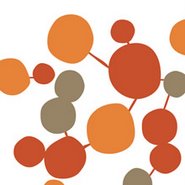



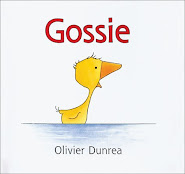
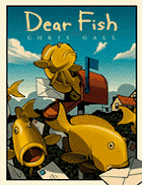
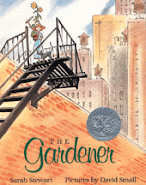
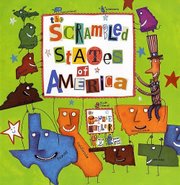
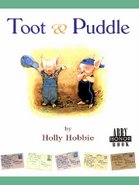
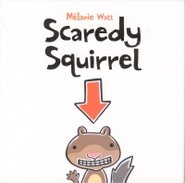

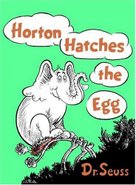
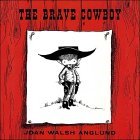
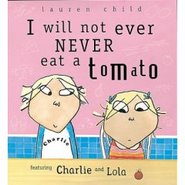
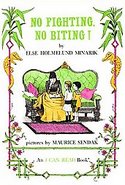

2 comments:
Ang-
I tried this today at the breakfast table w/Woody and a stuff animal who wanted woody's hat and thought about snatching it but decided to use his words to ask for a turn instead. It worked great (no snatching of little sister's toys today) and he even corrected the narritive when I forgot to use "please." Thanks Miss Angie :)
This is SUCH a valuable site. Thank you! Do you mind if we link to your site from ours?
Post a Comment